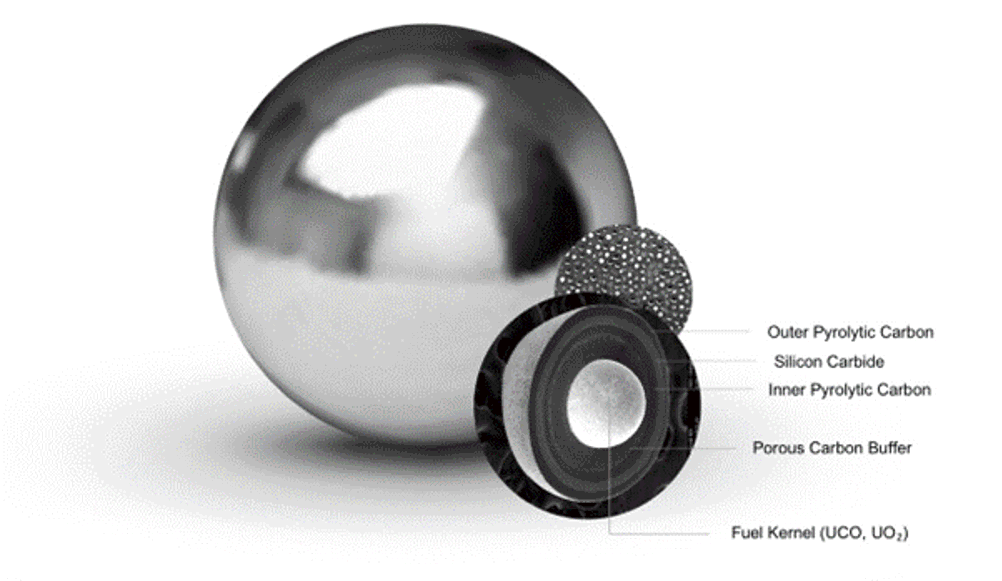Published in conjunction with nuclear heat applications consultancy Equilibrion, Beyond Electricity claims that high-temperature steam (565°c) from a new breed of small modular reactors (SMRs) can replace the huge amounts of fossil-fuel heat that industry currently relies on. Working in partnership with Cavendish Nuclear, X-Energy is planning on deploying up to 40 of its Xe-100 SMRs across the UK, beginning with a 12-reactor plant at Hartlepool, set to come online in the early 2030s.
“This is a huge opportunity for Teesside and the country as a whole,” said Carol Tansley, X-energy’s vice president of UK New Build Projects. “There is a skilled nuclear workforce, with decades of experience of high temperature gas reactor technology, already in place at Hartlepool Power Station and the plant will be reaching the end of its life just as our project entered development and construction.
“We can provide high quality local jobs and the broadest range of decarbonisation options for the area’s industrial base, and then use that experience to benefit similar regions across the UK.”
Related content
According to X-Energy, its proprietary TRISO-X fuel pebbles that will be used in the Xe-100 are ‘meltdown proof’. They consist of an energy dense high assay low enriched uranium (HALEU) central ‘fuel kernel’, surrounded by a porous carbon buffer and what X-Energy describes as ‘three indestructible layers of carbon’.

The company said TRISO-X is key to enabling the Xe-100’s high-temperature gas reactor (HTGR) technology, delivering heat and steam that can decarbonise process industries like food and chemicals, as well as produce hydrogen, sustainable aviation fuel, and power CO2 removal.
X-energy already has a project underway on the Texan Gulf Coast which will produce high-temperature heat and power for chemicals giant Dow. Construction on the four-reactor project is expected to begin in 2026 and be completed by the end of this decade.
“X-energy’s high-temperature design has exciting potential for industrial decarbonisation, providing clean heat directly to enterprises that are otherwise stuck burning fossil fuels,” Tom Greatrex, chief executive of the Nuclear Industry Association, commented on the back of the new report.
“Their reactor designs are highly deployable, and with a project already underway in the US, the UK is best placed to follow on quickly from the progress made there. The UK has an unmatched engineering pedigree in these kinds of reactors, so deployment in the UK would be a natural fit.”











IET sounds warning on AI doll trend
I agree that we need to reduce cooling water demand for servers. And yes, generative AI consumes a large amount. But what about BitCoins? Their...